In November 2013, an innovative app called “Yik Yak” was released for mobile download. Only a month later, high schools and colleges were brimming over with cases of online harassment. Internet bullying was on the rise. Dangerous threats were being made ‘anonymously’ by students. While the modern personal injury lawyer is well-versed in internet defamation, Yik Yak presented a unique and challenging situation for the public and the law. But what was Yik Yak all about? And why was it more conducive to online slander and libel than other popular social media platforms?
The Vision
When two graduates from Furman University came up with the idea for Yik Yak, they envisioned a “virtual bulletin board”- where teenagers and young adults could express their random personal thoughts without vulnerability, judgment, or repercussions. The app was ultimately a crossbreed between Twitter, Tumblr, and a personal journal, and high schoolers and college students quickly jumped on board.
The Perfect Platform
The app limits communication to a 1.5-mile radius zone, using GPS to determine the user’s location and place him or her in a communication pocket. The user can then send and post messages to other users in the communication pocket without disclosing a name, making Yik Yak the perfect platform for students to confess their unrequited love or bash their frenemies.
The Problem
While most yaks were harmless, like “Isn’t so-and-so looking so fine today!?” harmless – others began to cross the line of internet defamation. Feeling courageous under a perceived cloak of anonymity, some users began to attack one another in a fashion reminiscent of Gossip Girl. In one extreme case, an Alabama teen posted a school shooting threat, forcing three schools to augment security. In another Yik Yak incident, a bomb threat post forced a high school to evacuate its students – twice.
Yik Yak has decreased in noteworthiness over the last few years but has not decreased in popularity. Today, the company is worth roughly $400 million. It does not plan to change its unique, anonymous structure soon.
The Legal Challenge
So what does all of this have to do with personal injury law? Speech or writing may be considered defamation if:
- It is a fact (capable of being proved true or false)
- It harms someone’s reputation
- False claims are made hastily or recklessly
In the case of Yik Yak, several users could have potentially been accused of a libel “tort” (civil wrong) if they were not anonymous. The app has a privacy policy, however, that prevents schools from identifying users without a court order, a subpoena, a search warrant, or an emergency request due to imminent harm. Accordingly, not much has come from the few libel accusations that have been made due to ‘yaks’.
The Personal Injury Lawyer
The laws concerning internet libel may still be somewhat hazy and challenging to navigate. In addition, Yik Yak serves as an example of how complicated it can be! A personal injury lawyer works to defend clients against the harmful effects of defamation. If you have questions about libel or slander as they may pertain to your case, contact the Aranda Law Firm at (915) 996-9914.
